China partners with Russia in ‘new era’ plan to topple United States
Russia’s President Vladimir Putin has warned the West not to cross this “red line” as the chance of a China-Russia alliance grows.
As tensions heighten between the US and Russia, China has thrown its support behind Russia calling them “comprehensive strategic partners of co-ordination in the new era.”
Russian President Vladimir Putin also reminded the West that any country that crossed a “red line” and provoked threats to Russia’s fundamental security would “regret their deeds more than they have regretted anything in a long time,” he warned during a state of the union address.
In October Putin didn’t rule out a military alliance between China and Russia, saying it was “quite possible to imagine it.”
RELATED: ‘Isolate’: China’s boast as war edges closer
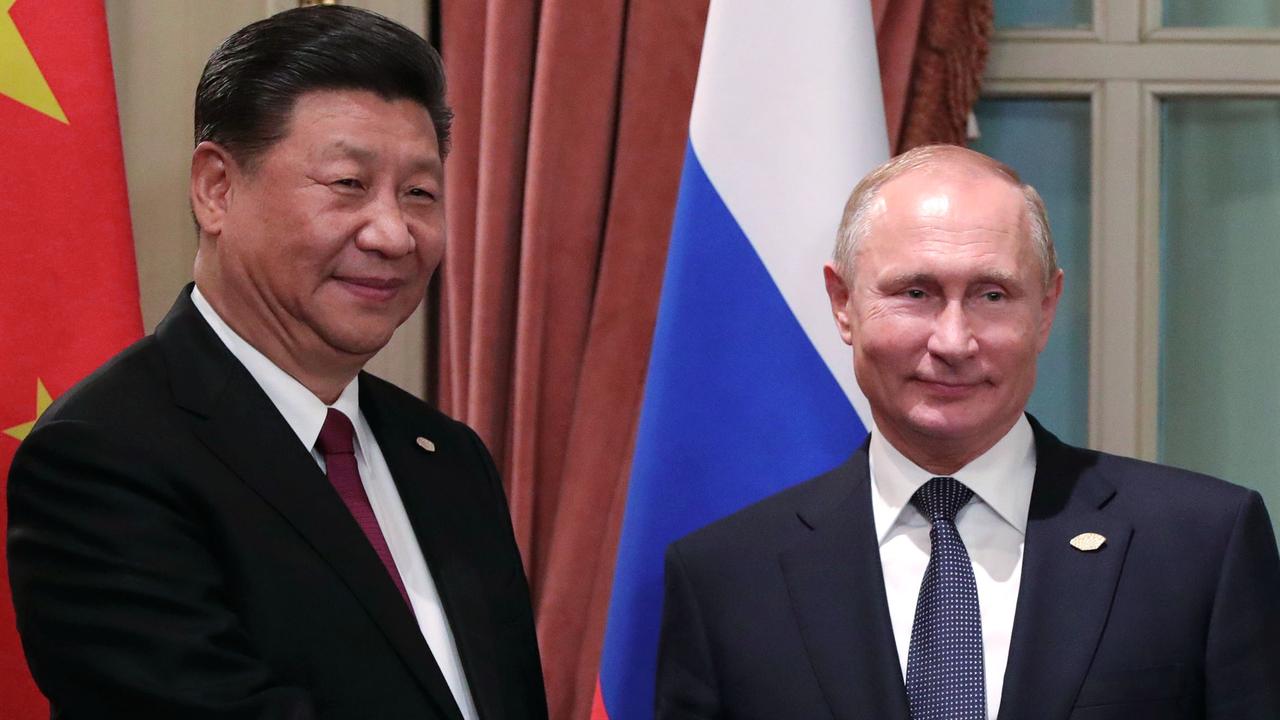
This all comes after a new intelligence agency report warns that China and Russia are determined to topple the US. And they may be prepared to form a new Eastern Bloc to do so.
Chinese aircraft carriers prowl the South China Sea. Russian tanks are massing on the Ukrainian border. Poisoned Russian Opposition leader Alexei Navalny is wasting away in prison. Chinese women protesting sexual harassment have suddenly been silenced.
They’re just the latest headlines in a growing storm of unsettling news.
Together, they set the scene for the release of a 27-page declassified report from the Office of the Director of National Intelligence (ODNI). On April 14, the nation’s top intelligence officials had to front Capitol Hill.
The message was the same: the Western world is under siege.
All 18 US intelligence agencies agreed an “epochal geopolitical shift” was underway.
And, they warned, its key players were using increasingly “aggressive” strategies to bend the balance of power in their favour.
Beijing is determined to “continue its whole-of-government efforts to spread China’s influence, undercut that of the United States, drive wedges between Washington and its allies and partners, and foster new international norms that favour the authoritarian Chinese system.”
Moscow, for its part, is committed to discrediting US values to protect President Vladimir Putin. “Russian officials have long believed that the United States is conducting its own ‘influence campaigns’ to … weaken President Vladimir Putin, and install Western-friendly regimes in the states of the former Soviet Union and elsewhere.”
RELATED: Country that could stop China
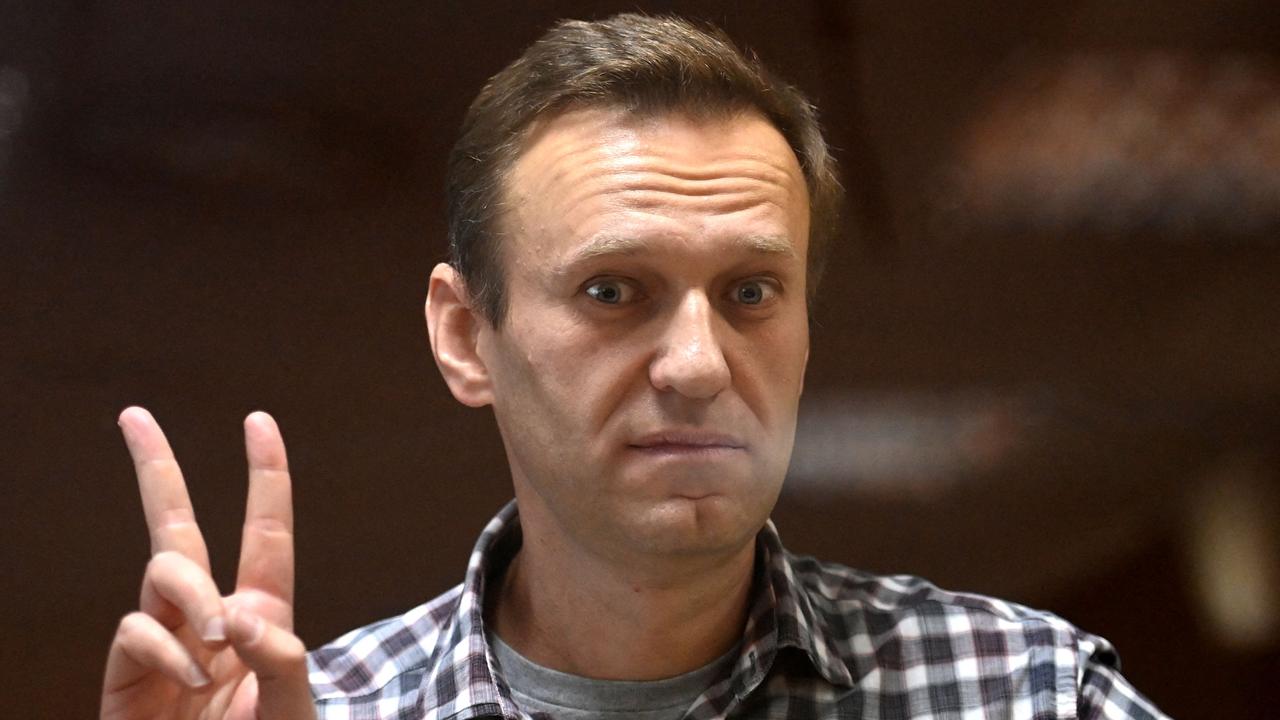
Which is why National Security College adviser Katherine Mansted says the immediate threat Australia faces isn’t a new alliance of explosive warheads.
It’s a partnership of deceit.
It’s deliberately distorted information.
It’s about the degradation of trust.
But, mostly, it’s about manipulating global standards and norms.
Authoritarian axis
Last month, Chinese and Russian foreign ministers declared their desire to strengthen ties.
Moscow proclaimed Beijing to be “a true strategic partner”.
Beijing declared, “China-Russia co-operation has no upper limits.”
For both nations, it was a rare sign of international support amid contentious circumstances.
Kremlin spokesman Dmitry Peskov warned of the possibility of “full-scale hostilities” in Ukraine as Mr Putin accused the US of “dangerous provocative actions”.
RELATED: China’s major move puts US to shame
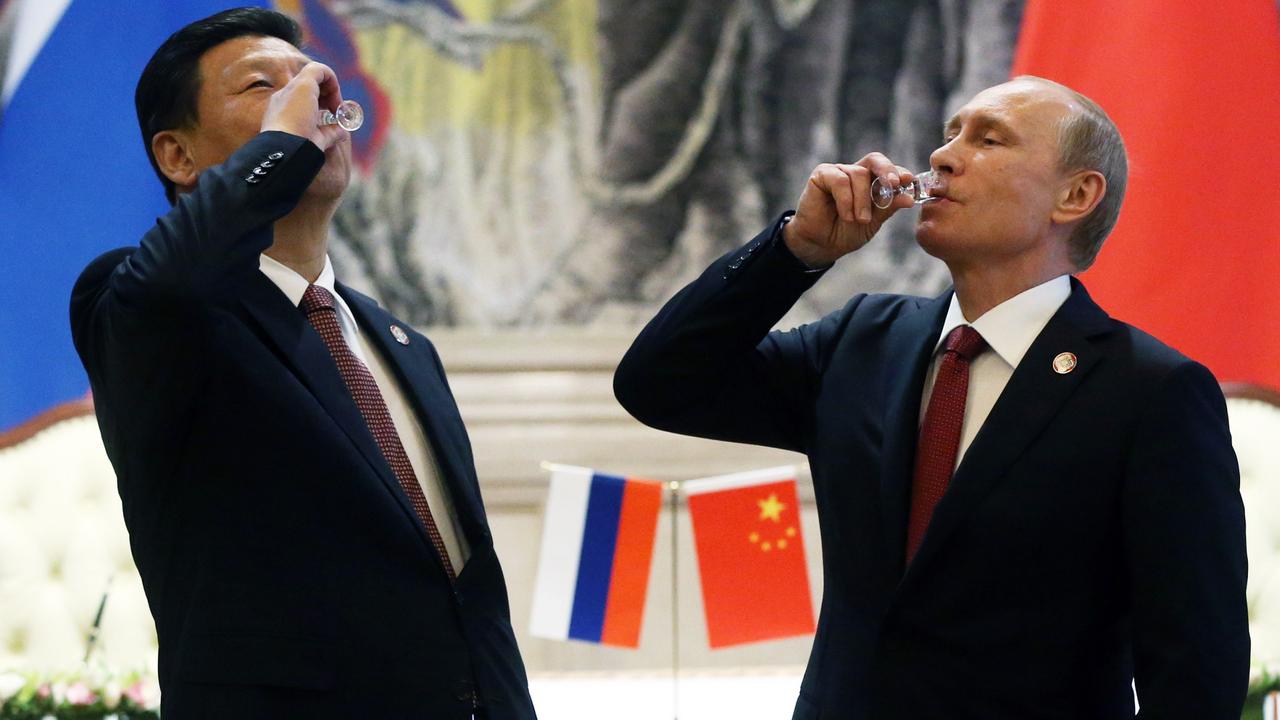
China’s Communist Party mouthpiece, the Global Times, called its military exercises a “rehearsal of a reunification-by-force operation”, and accused the US of “provocative moves”.
Does the convergence of these hostile words indicate an intent to co-ordinate deeds?
Is it likely that there will be a simultaneous Russian assault on Ukraine and a Chinese invasion of Taiwan?
Or is it something else altogether?
“What does Beijing want? What does Moscow want? They both want their particular regimes to stay in power,” Mansted told news.com.au.
“That’s why it’s problematic to say this might resemble a new Cold War in some way. It’s not an ideological game. It’s about regimes making the world safe for their continued existence and legitimacy. It’s about destabilising the West to increase their power at home.
“Their opportunism will also challenge their relationship and potentially break it apart.”
In the crosshairs
Is President Putin trying to distract attention from his country’s economic and COVID woes?
Is Chairman Xi using nationalism to shore up the cracks in his single-party rule?
Or are the authoritarian states now so convinced the United States is in decline that they sense an opportunity to rebuild the international landscape?
Head of Research and Policy for the Alliance for Securing Democracy Jessica Brandt believes it’s a bit of both.
“The United States and other liberal democracies are engaged in a persistent, asymmetric competition with autocracies – one that is playing out far from traditional military battlefields, in interlocking domains of politics, economics, technology and information,” she writes.
“Authoritarian challengers seeking to preserve their grip on power at home have pursued deliberate, though at times subtle, strategies designed to exploit the vulnerabilities of liberal democracies while compensating for vulnerabilities of their own, as they endeavour to fashion a world safe for, if not converted to, their worldview.”
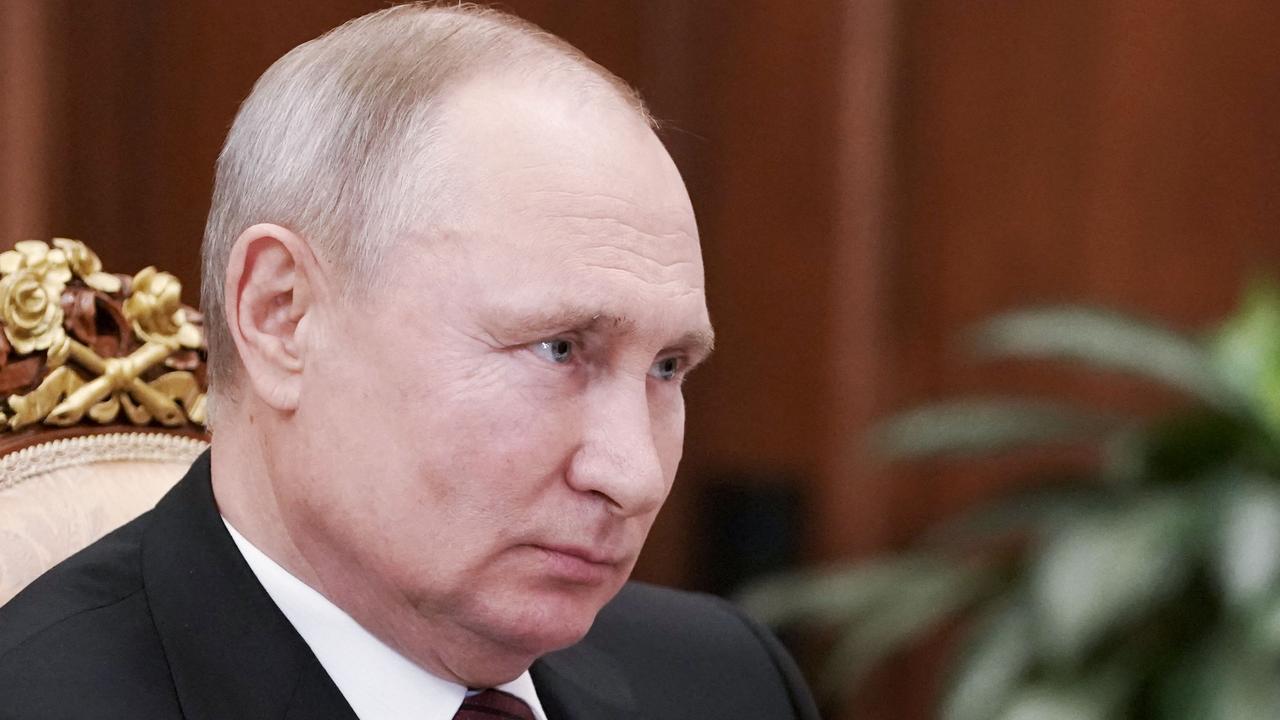
The ANU’s Mansted says this is where Beijing and Moscow are mutually supportive.
“They’re both beneficiaries of each other’s destabilising activities like propaganda and disinformation. And I think they both also learn lessons from each other. That doesn’t necessarily mean they’re sharing tradecraft. But they’re certainly looking at what the other is doing and how the world responds.”
Russia’s invasion of Crimea. The Salisbury poisonings. It’s influence campaigns on US elections. And then there’s China’s artificial island fortresses, intrusive surveillance and invasive fishing militia.
“Both have learnt from these tactics, but also the way the West didn’t really react”, Mansted says.
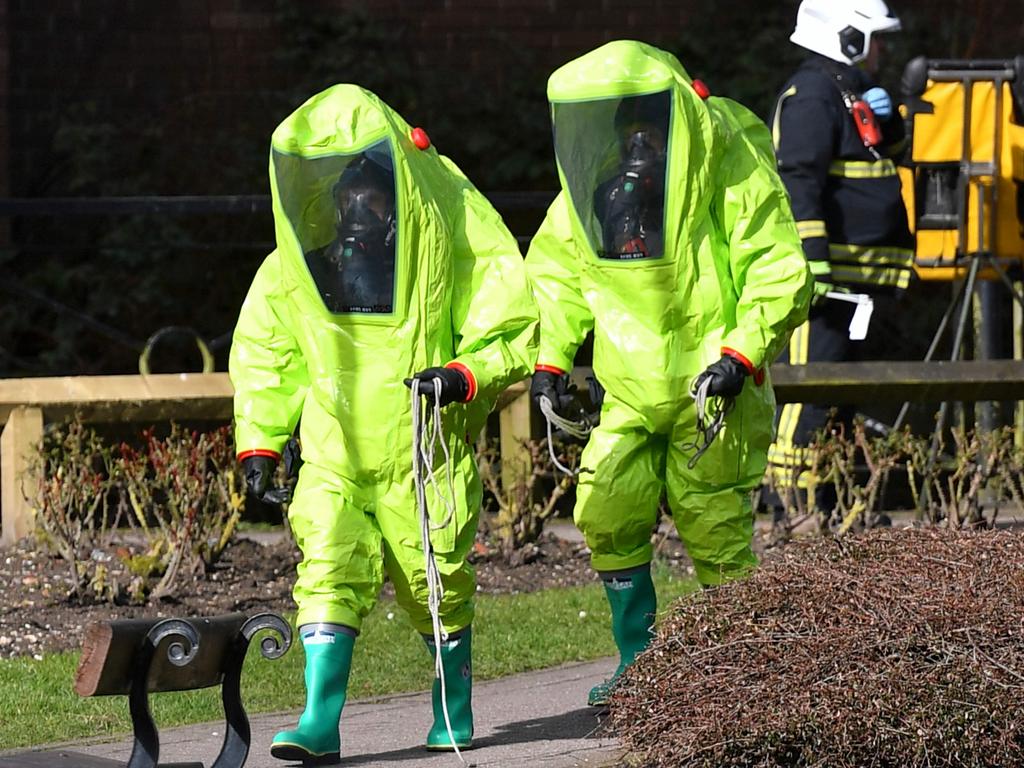
New world order
Mansted says Australia must use its relationships to prepare for a long-term diplomatic battle.
It’s a fight for our way of life.
“It’s about getting laws and international standards designed right now to guide the future of technology,” she says. “A lot of serious mistakes were made with social media, for example.
“We can’t afford more of these in the future. The stakes for society are much higher in AI (artificial intelligence) and biotech.”
It’s about harvesting personal data. It’s about using and manipulating that data for political ends.
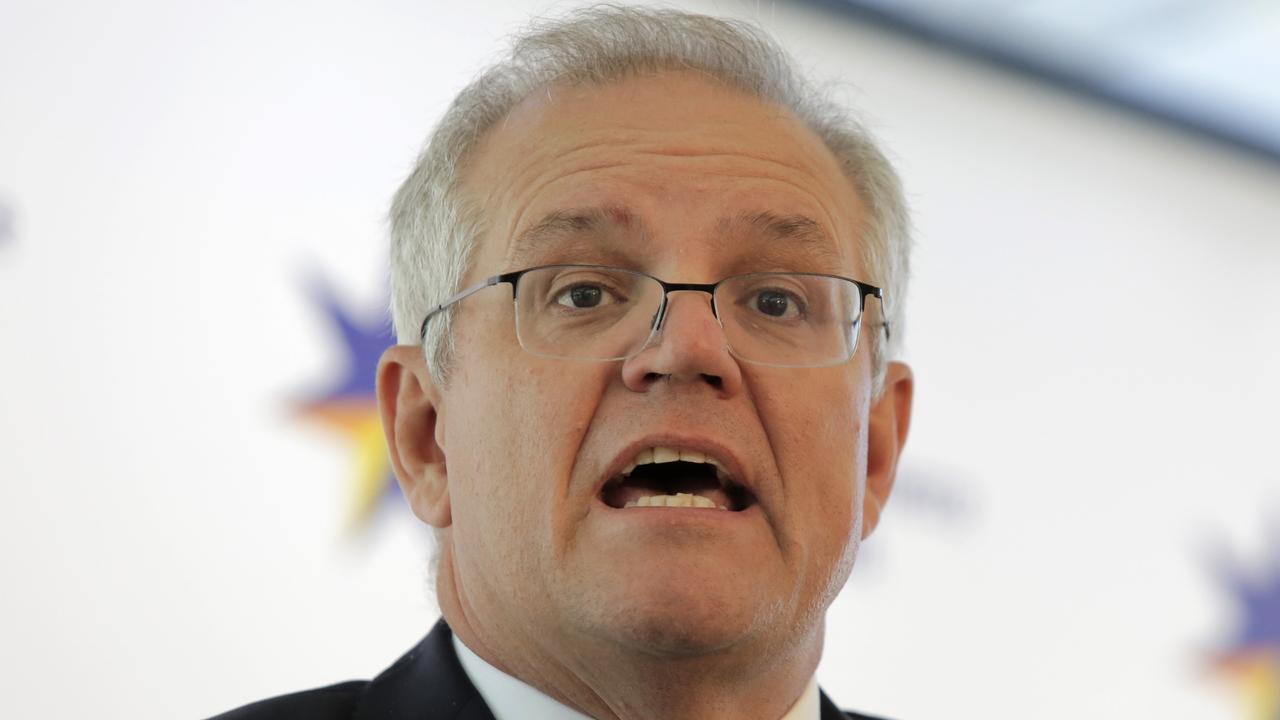
“Russia and China are both very well practised at gaming the UN, to promote models of internet governance and technology norms that favour state surveillance and censorship, over democratic principles,” Mansted says.
“They’ve made progress on their goals for internet governance. And now they’re looking at minimising controls and privacy guards around everything from artificial intelligence and robotics to biotechnology and digital finance platforms.”
It’s a new twist on the old battle for “hearts and minds”.
Instead of chocolates and pamphlets, it’s now all about social media, surveillance and sewing seeds of doubt. And it’s about making the rules that shape our world.
“Moscow and Beijing’s alignment in the information space is amplifying the challenges that their individual tactics pose,” writes Andrea Kendall-Taylor for the National Endowment for Democracy.
“For example, both governments are now advancing the same or overlapping narratives, increasing the dose of their toxic messaging on a range of issues … Such alignment has even been evident in the traditional media space, where both are building news and information networks outside their borders.”
End of an epoch?
“Russia and China have no shared objective to evangelise a system of authoritarianism,” Mansted says. “They’re both very opportunistic. And it just so happens that, at the moment, they can benefit from co-ordinating on shaping some of these norms. That’s not necessarily going to be enduring.”
But it’s going to be immensely challenging.
“By engaging in economic coercion and cyber attacks, funnelling donations to favoured political entities, and carrying out assertive information operations online, Moscow and its proxies advance Russia’s interests abroad in a manner inconsistent with liberal values,” Brandt says.
It’s new territory for Moscow and Beijing. For the moment, it’s beneficial to both.
“I would expect to see that co-ordination continue, if not intensify, in trying to shape the rules of the road for everyone to play under,” Mansted says.
But it’s not about building a new Eastern Bloc.
“They don’t have the same level of kind of values and interest alignment that, say, for instance, even partners in the Quad have,” she says.
Such values and interest alignments represent an inherent strength for the West.
But that means enshrining within the development of new technologies human rights – values such as the right to privacy, the right to intellectual property, and the right to simply disagree …
“Fight it in the light. The best thing we can do is live up to our own democratic standards. We must make sure we are open and transparent, and proud of the benefits of democracy and our systems.”
Jamie Seidel is a freelance writer | @JamieSeidel




